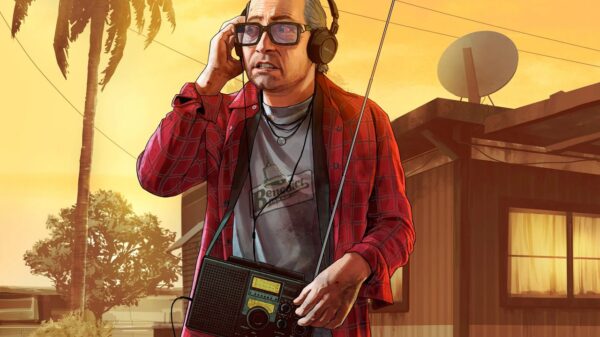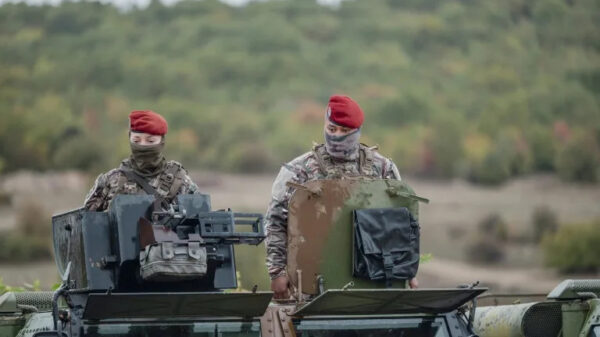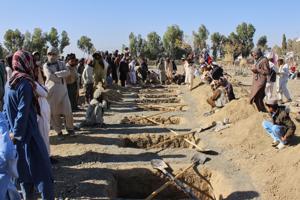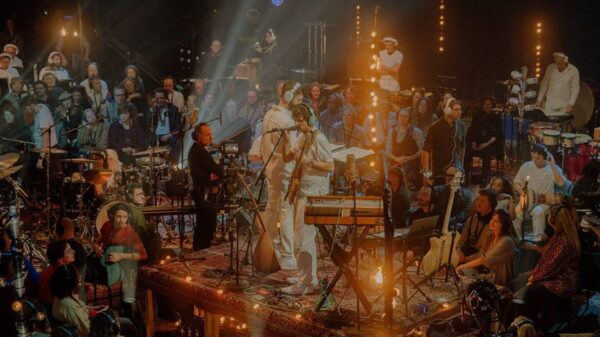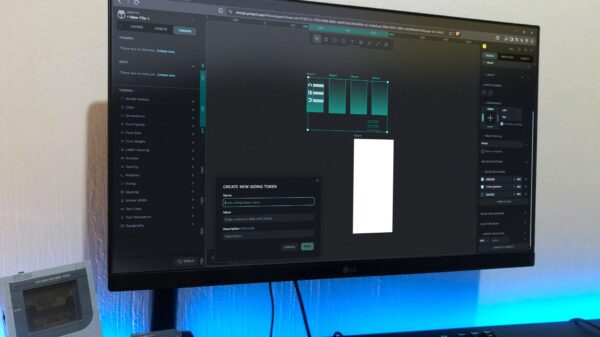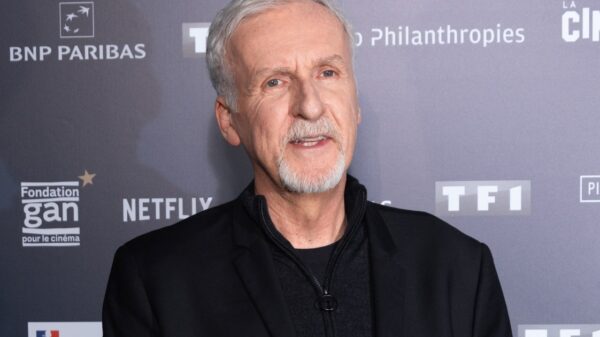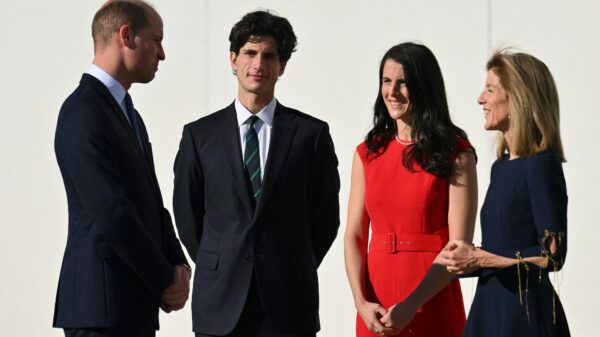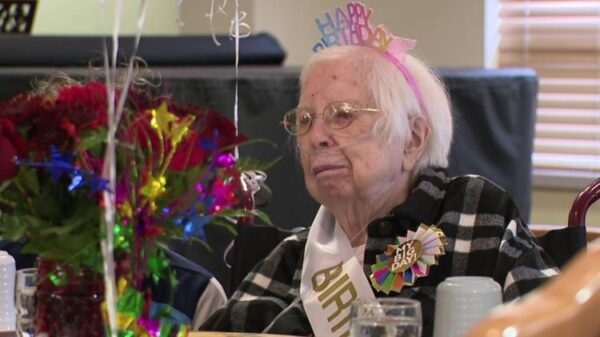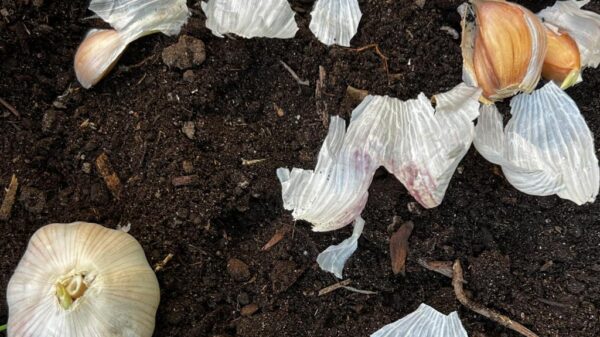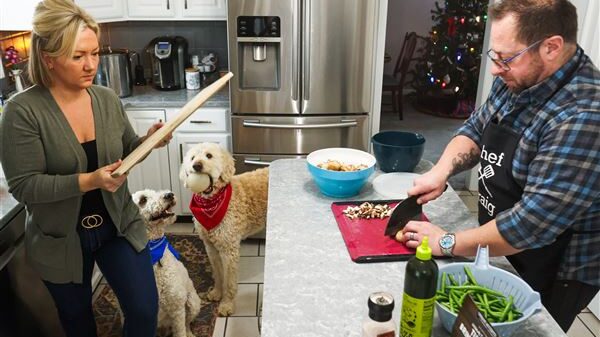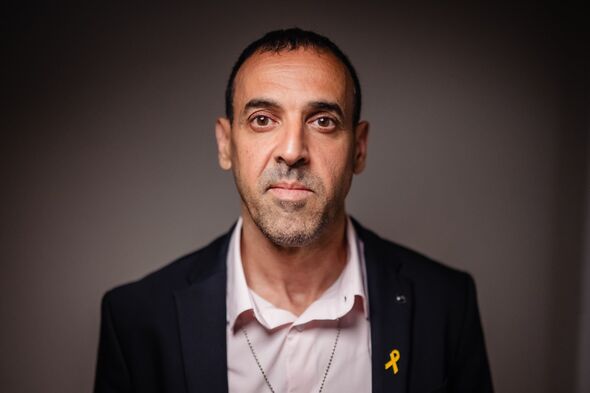Eli Sharabi has shared his harrowing experience following his kidnapping by Hamas, which occurred on October 7, 2023. On the second anniversary of the attack, he reflects on the loss of his British wife, Lianne Brisley, and their daughters, Noiya, aged 16, and Yahel, aged 13. The family was targeted when armed terrorists stormed their kibbutz near Israel’s southern border, an event that forever changed Sharabi’s life.
In an exclusive interview, the 53-year-old discussed his new book, *Hostage*, which chronicles his 491 days in captivity following the abduction. Tragically, his wife and daughters were murdered shortly after he was taken. He recalls the chaos of that day, stating, “I will never forget the look of terror in their eyes.” The agonizing reality struck him as he prayed during his kidnapping: “Just not a tunnel, please, God, not a tunnel,” fearing the nightmare of being buried alive.
On that fateful day, at least 1,195 people were killed, including Sharabi’s family. His older brother, Yossi, was also kidnapped but was killed after 100 days in captivity. The full extent of his family’s fate became clear only after he was released on February 8, 2024, as part of an agreement between Hamas and Israel. “I had hoped they had survived but deep down I had known there was a strong possibility they had been murdered,” he confessed.
During his time in captivity, Sharabi endured extreme conditions. When he was finally freed, he weighed less than 45 kilograms, having faced starvation, beatings, and confinement in darkness. He described the emotional toll of writing his book, saying it was both painful and therapeutic. “It represents an important part of my country’s history and I am a small part of that now,” he added.
Despite his physical recovery, he continues to grapple with the emotional aftermath. Recently, he made a poignant return to his former home in Kibbutz Be’eri, where his family was killed, but felt unable to enter. “Not just yet,” he said. Sharabi is now focused on advocating for the remaining 48 hostages still held by Hamas.
He finds strength in his family and friends, stating, “I am surrounded by family and friends at all times. I am never alone.” He plans to move into his own apartment soon, viewing it as a significant step forward. “I have to start my life again. I am so lucky to be alive and to be a free man. Freedom is priceless.”
Throughout his captivity, Sharabi was held with various hostages, including Ori Danino, Almog Sarusi, and Hersh Goldberg-Polin, all of whom were murdered. He spent considerable time with Alon Ohel, a survivor of the Nova festival, who remains a hostage. “I did my best to look after him because you cannot expect the younger ones who didn’t have my life experience to have the tools to cope,” he explained.
Sharabi and the other hostages found solace in sharing prayers and performing Jewish rituals each week for comfort and strength. “But I never once thought I wouldn’t survive. I never thought I wouldn’t get out. I am a very positive person,” he stated with determination.
The most challenging aspect of his captivity was hunger. He survived on minimal food, sometimes just half a pitta or a small bowl of pasta daily. He wrote, “The hunger turns each man inward. Empathy dries up. These are hard moments.” The terrorists would mock the hostages by eating in front of them, compounding their suffering.
Born in Tel Aviv-Yafo, Sharabi moved to Kibbutz Be’eri at age 14. He met Lianne Brisley, a British volunteer, in 1995, and they married in the UK. The day of his release was emotional, particularly when he contacted Lianne’s parents, who he had spent every Christmas with before the tragedy. “It was so hard talking to them,” he recalled, noting they have since relocated to Wales.
Sharabi is committed to raising awareness about the remaining hostages and highlights the fatigue many Israelis feel regarding the ongoing conflict. “Most I speak to have had enough,” he said. “They want it to be over so we can heal from this trauma.” Looking ahead, he hopes to become a private mathematics tutor for young people. “I will not let the grief and sadness bury me and I will not rot in it,” he affirmed. “I choose to move on and be positive, I choose light.”
*Hostage* by Eli Sharabi is now available, offering readers a poignant look at resilience in the face of unimaginable loss.




